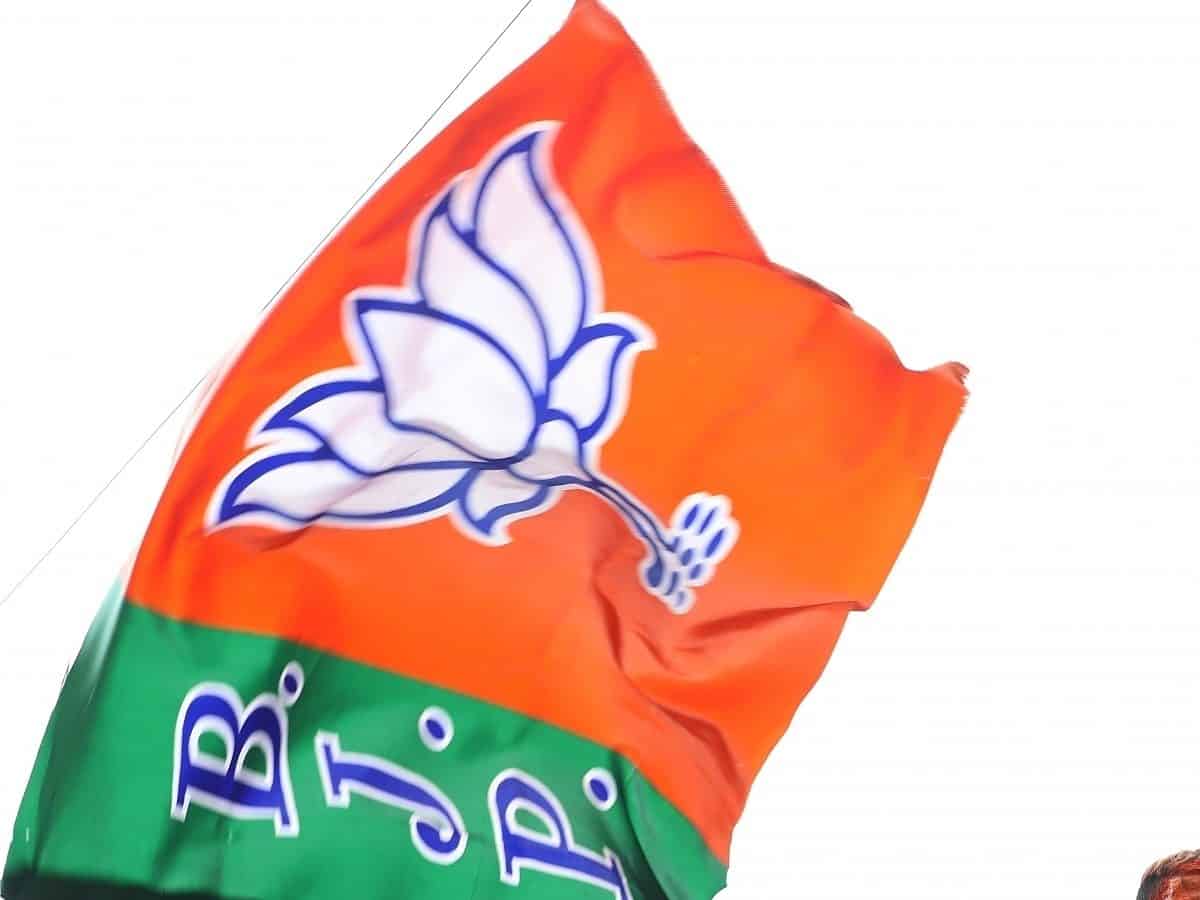
The Uniform Civil Code (UCC) has been one of the three big ticket items on the agenda of BJP since virtually its inception. The other two being Ram Mandir and Article 370.
Two of them have already been fulfilled and were majorly responsible for bringing the BJP into power at the Centre.
The issue of Ram Mandir and Article 370 were encashed successfully at the electoral hustings giving the image of being a party that keeps its promises.
The third, major issue UCC, might be strategically used in the build up to the general election next to next year.
It would not only galvanize and revitalize BJP supporters, and cadres throughout the country but be a highly controversial, emotive and polarizing issue which BJP knows can yield huge electoral benefits to its party.
Only yesterday BJP MP from Gujarat Kirodi Lal Meena’s “The Uniform Civil Code Bill,2020” was successfully introduced in Rajya Sabha as a Private Member’s Bill despite strong opposition and walkouts.
BJP made UCC in Gujarat, an issue in elections and won massively. After winning they promised its implementation.
The Bill introduced by Meena in the statement of the Objects and Reasons says in 1840 uniform laws were framed for crimes, evidence and contract but the personal laws of the Hindus and Muslims were left out.
Even in those days, it said, “many social reformers were voicing to make laws to do away with the discrimination against women under Sati and other religious customs.”
It said, in the Constituent Assembly while there were people like Dr B.R. Ambedkar who desired reform in society and wanted to accept the Uniform Civil Code, there were also Muslim representatives who took side to retaining personal laws based on religious enshrines.
Therefore, regarding UCC just one line could be added as Article 44 under Part IV as Directive Principles of State Policy in the Constitution. In this article, it is stated that the State shall endeavour to secure for citizens a Uniform Civil Code throughout the territory of India.
Since the UCC has been included in the Directive Principles of State Policy, hence this cannot be enforced.
Besides no government showed willpower to implement these constitutional provisions because the minorities especially the Muslims believed that the UCC will lead to the violation of their personal laws, it said.
The reasons pointed out that under the UCC a collection of laws will be prepared which will protect the personal rights of all citizens without consideration of the religion, which seems to be the need of the hour.
In reality, this is the foundation stone of secularism, it said.
Such progressive reforms will not only help to end discrimination against women but also help in strengthening the secular structure and encourage integrity. In fact, our social system is replete with injustice, discrimination, and corruption which conflicts with fundamental rights, hence it needs to be reformed, it added.
The primary opposition to UCC has been that UCC goes against the very core of the Indian state which is a pluralistic state taking pride in its unity in diversity philosophy, while UCC tries to bring about uniformity,
The UCC goes against the minorities and the Constitution, critics say. Freedom of religion is a fundamental right guaranteed by the Constitution giving freedom to an individual to practice whichever religion they like.
According to the All India Muslim Personal Board, personal laws help in maintaining mutual unity and mutual trust between the majority and minority.
They feel under this right, different personal laws have been kept for minorities and tribal classes according to their wishes and traditions, which does not cause any harm to the country.
Interestingly, even the British during their rule did not interfere much in the religious practices of their subject unless it was very obnoxious like the practice of Sati.
The Opposition tries to allege that the government rakes up the UCC issue to divert people from the glaring shortcomings of the government in the field of economy and unemployment.
The All-India Muslim Personal Law Board has been appealing to the government to refrain from such actions.
The Uniform Civil Code will formulate and implement personal laws of citizens which apply to all citizens equally regardless of their religion, sex, gender and sexual orientation.
We must also remember that even Dr. B R Ambedkar while feeling that UCC is desirable did not want to make it mandatory but kept it voluntary until society was ready for it.
In India, there are different sets of laws governing private or personal law for different communities, such as Shariah Law for Muslims, Christian Law for Christians and Hindu Law for Hindus, Sikhs, Jains.
Personal laws in Hindus are applicable to legal issues related to inheritance, succession, marriage, adoption, co-parenting, obligations of sons to pay their father’s debts, the partition of family property, maintenance, guardianship, and charitable donations.
While in Islam, personal laws apply to matters relating to inheritance, wills, succession, legacies, marriage, wakfs, dowry, guardianship, divorce, gifts.
The problem is while in the criminal law every citizen of India is treated equally as per Constitution, in Civil laws, he is treated differently.
Thus in a sense flouting a basic sense of equality. In issues of divorce, marriage, and succession, each individual is treated differently according to the religion he believes in. Leading to a situation in which one citizen can have more than one wife and for another citizen polygamy is banned.
To be a progressive modern nation, it is felt that the same laws relating to inheritance, marriage, family, land, should apply to all citizens and all Indians be treated equally.
One must do away with personal laws rooted in religious traditions with a strong male bias, UCC is supposed to improve the condition of women in India.
